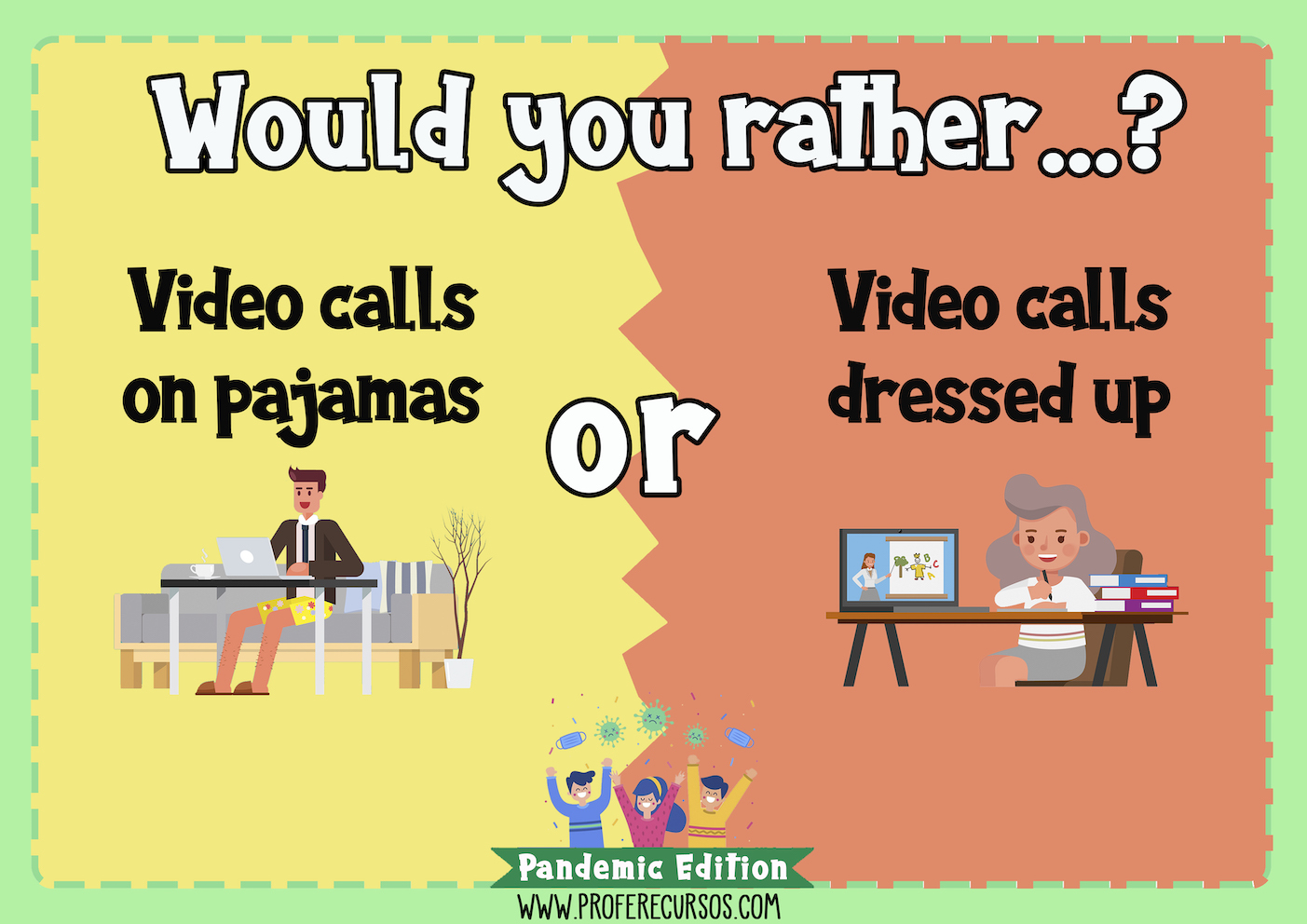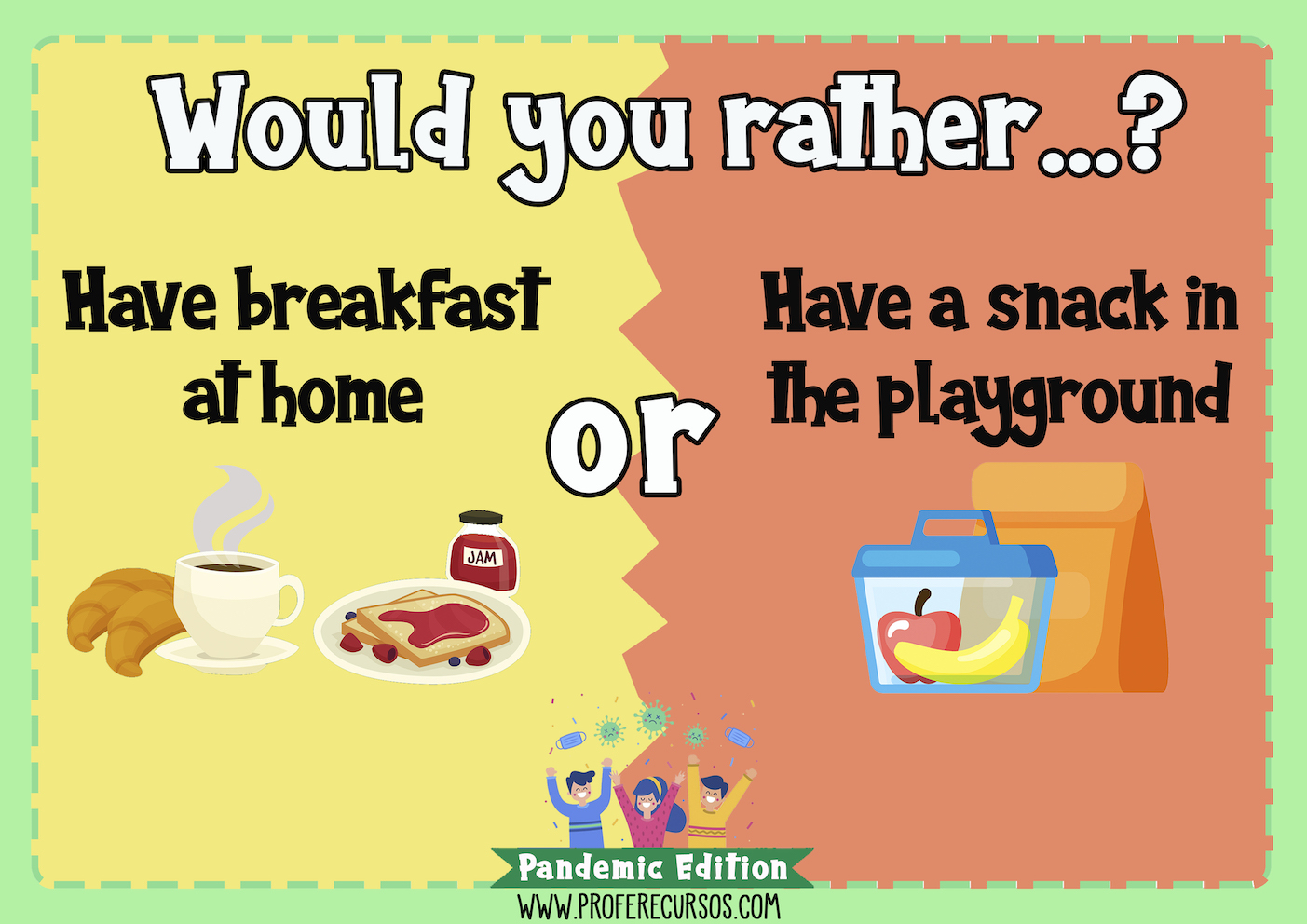The Enduring Appeal Of "Would You Rather" Games Online: Exploring The Dynamics Of Choice And Conversation
The Enduring Appeal of "Would You Rather" Games Online: Exploring the Dynamics of Choice and Conversation
Related Articles: The Enduring Appeal of "Would You Rather" Games Online: Exploring the Dynamics of Choice and Conversation
Introduction
In this auspicious occasion, we are delighted to delve into the intriguing topic related to The Enduring Appeal of "Would You Rather" Games Online: Exploring the Dynamics of Choice and Conversation. Let’s weave interesting information and offer fresh perspectives to the readers.
Table of Content
The Enduring Appeal of "Would You Rather" Games Online: Exploring the Dynamics of Choice and Conversation

"Would You Rather" games, a simple yet engaging form of interactive entertainment, have transcended the realm of childhood playground diversions to become a popular online phenomenon. These games, often presented as a series of hypothetical scenarios, invite participants to make choices between two often contrasting options. This seemingly straightforward premise has captivated audiences across generations, fostering a unique blend of amusement, introspection, and social connection.
Unveiling the Mechanics of Choice:
At the heart of "Would You Rather" games lies the fundamental human experience of decision-making. Each scenario presents a dilemma, forcing participants to weigh the relative merits and drawbacks of each option. This process engages the cognitive faculties, prompting individuals to consider their values, priorities, and personal preferences.
Beyond the individual level, "Would You Rather" games serve as a platform for exploring diverse perspectives and fostering understanding. The inherent subjectivity of the choices often reveals contrasting values and beliefs, sparking lively discussions and promoting empathy.
The Social Dynamics of "Would You Rather":
"Would You Rather" games thrive on social interaction. Whether played in person or online, these games create a shared experience, encouraging participants to engage in lighthearted banter, share their reasoning, and learn about each other’s viewpoints. The playful nature of the scenarios often serves as a catalyst for building rapport and forging connections, even among strangers.
The online environment has further amplified the social dimension of "Would You Rather" games. Online platforms and social media have provided a convenient and accessible platform for individuals to connect and engage with these games. This accessibility has fostered a global community of "Would You Rather" enthusiasts, enabling players from diverse backgrounds to participate and share in the experience.
Beyond Entertainment: The Educational Value of "Would You Rather":
While primarily viewed as a form of entertainment, "Would You Rather" games possess an inherent educational value. The process of making choices and justifying those choices implicitly encourages critical thinking and problem-solving skills. Participants are challenged to analyze information, weigh alternatives, and articulate their reasoning, promoting intellectual engagement and fostering a deeper understanding of their own values and beliefs.
Moreover, "Would You Rather" games can serve as a valuable tool for exploring diverse perspectives and promoting empathy. By exposing individuals to contrasting viewpoints and fostering open dialogue, these games encourage tolerance, understanding, and a broader appreciation for the complexities of human experience.
The Evolution of "Would You Rather" Games Online:
"Would You Rather" games have evolved significantly in the digital age. The advent of online platforms has led to the creation of dedicated websites and apps, offering a curated experience with diverse themes and categories. This evolution has further enhanced the accessibility and reach of these games, making them readily available to a wider audience.
Furthermore, the integration of technology has introduced interactive elements, allowing players to vote on their preferred choices, view the results, and engage in real-time discussions with other participants. This interactive nature has further amplified the social aspect of the games, fostering a sense of community and shared experience.
FAQs Regarding "Would You Rather" Games Online:
1. How do I find "Would You Rather" games online?
Numerous online platforms and websites offer "Would You Rather" games. Some popular options include:
- Dedicated Websites: Websites specifically designed for "Would You Rather" games often feature curated lists of scenarios, diverse themes, and interactive features.
- Social Media Platforms: Platforms like Facebook, Twitter, and Instagram frequently feature "Would You Rather" challenges, allowing users to engage with the game and share their choices.
- Apps: Mobile apps dedicated to "Would You Rather" games offer a convenient and portable experience, providing access to a vast library of scenarios.
2. What are some popular themes for "Would You Rather" games?
"Would You Rather" games encompass a wide range of themes, catering to diverse interests and preferences. Some common themes include:
- Pop Culture: Scenarios based on movies, TV shows, music, and other popular culture elements.
- Hypothetical Situations: Scenarios exploring fantastical or improbable situations, allowing players to engage in imaginative thinking.
- Personal Preferences: Scenarios focusing on personal choices, revealing individual values and preferences.
- Ethical Dilemmas: Scenarios presenting moral dilemmas, prompting participants to consider their ethical stance.
3. How can I create my own "Would You Rather" scenarios?
Creating your own "Would You Rather" scenarios can be a fun and creative endeavor. Here are some tips:
- Think about your audience: Consider the interests and preferences of your target audience when crafting scenarios.
- Keep it simple: Strive for clarity and conciseness in your wording.
- Present contrasting choices: Ensure that the two options offer distinct and compelling alternatives.
- Add a touch of humor: Injecting humor can make the game more engaging and memorable.
Tips for Engaging in "Would You Rather" Games Online:
- Be respectful: Engage in respectful dialogue, even when disagreeing with others’ choices.
- Be open-minded: Embrace the opportunity to learn about different perspectives and values.
- Have fun: Remember that "Would You Rather" games are primarily intended for entertainment.
Conclusion: The Enduring Power of Choice and Conversation
"Would You Rather" games, despite their simple premise, offer a rich and engaging experience. They tap into the fundamental human experience of choice, fostering introspection, promoting conversation, and providing a platform for exploring diverse perspectives. The online environment has further amplified the reach and accessibility of these games, creating a global community of enthusiasts who share in the joy of making choices and engaging in lighthearted banter. As the digital landscape continues to evolve, "Would You Rather" games are poised to remain a popular and enduring form of interactive entertainment, fostering social connection and intellectual engagement for generations to come.






Closure
Thus, we hope this article has provided valuable insights into The Enduring Appeal of "Would You Rather" Games Online: Exploring the Dynamics of Choice and Conversation. We thank you for taking the time to read this article. See you in our next article!